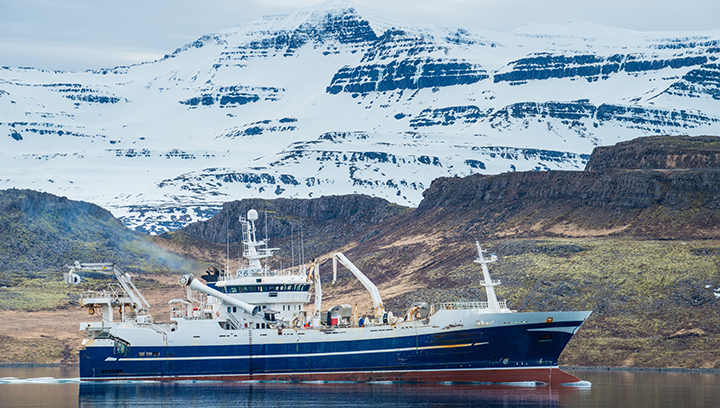
Iceland is banning the use of heavy fuel oil in its waters, in order to clean up air quality in and around its coastal areas, in line with its climate action plan.
The new regulation, issued in a statement on 6 December 2019 by the country's Ministry for the Environment and Natural Resources, restricts exhaust emissions containing high levels of sulphur from being burned by ships in Iceland's territorial waters.
The maximum allowable sulphur content used in Iceland's territorial and inland waters, including in fjords and bays, will be lowered from 3.5% to 0.1% on 1 January 2020, making the sulphur requirements comparable with those currently in effect in Emission Control Areas as defined by Annex VI of MARPOL.
The permissible sulphur content of marine fuels will be lowered to 0.5% within the Icelandic Pollution Prevention Zone. Further out to sea and outside of territorial waters, the sulphur content cannot exceed 0.5%. However, vessels can continue to burn heavy fuel oil if they use approved emission abatement methods, such as scrubbers, to reduce the release of sulphur dioxide.
Tags
